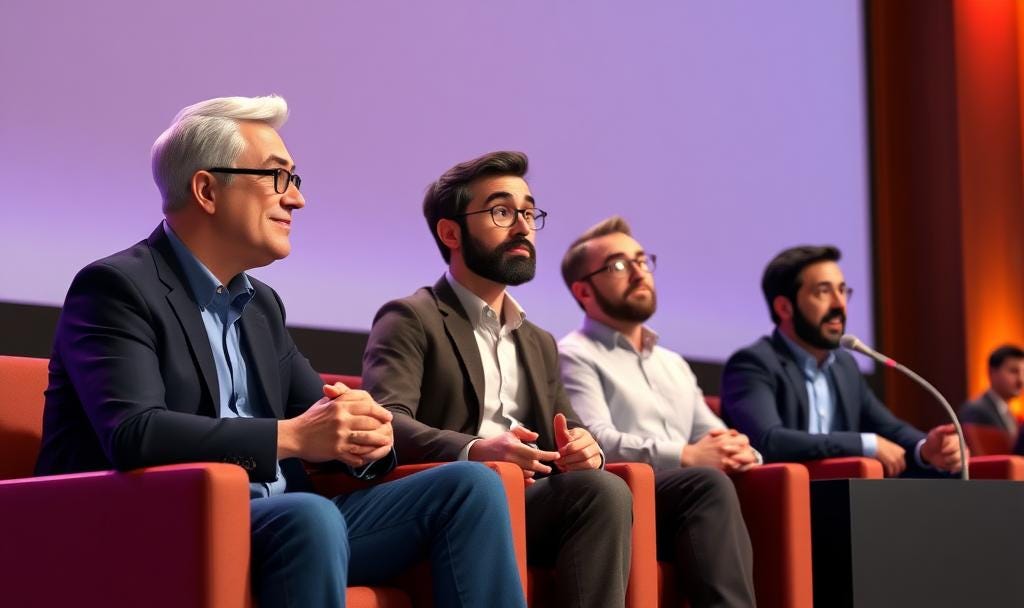Elevating Conferences: A Call for Inclusiveness and Engagement
The heart of a genuinely impactful conference is not simply its capacity to encourage networking
The heart of a genuinely impactful conference is not simply its capacity to encourage networking, but also its dedication to creating diverse debates and inclusive experiences. Drawing inspiration from Rafat Ali, CEO/Founder, Skift's recent post, "Stage Left: How Conferences Are Failing Their Attendees...and Speakers," I've grown to realize the breadth of this issue across the hospitality and travel industry, where the promise of meaningful conversations is unmet from time to time. The article illuminates this issue, pointing out the discrepancy between the meticulous planning of logistical details and the lack of substantive support for speakers and attendees. It's a narrative all too familiar, yet it paves the way for a necessary discourse on how we can evolve.
A common issue in my personal experience is where inclusivity and engagement emerge as the cornerstones of this new conference paradigm. By ensuring that diverse perspectives are not only included but celebrated, we enrich the discourse and foster an environment conducive to innovation. This means going beyond the token panel discussions and creating spaces where interactive, meaningful exchanges are the norm, not the exception. This disparity emphasizes a larger issue: the need for a more intentional, attendee-centered approach to conference design.
Drawing from the unique approach of ILC, which emphasizes the individuality of independent brands and fosters an inclusive atmosphere, we find a template for reimagining the conference experience. True inclusion means ensuring that all participants, from experienced speakers to first-time attendees, can easily traverse the event and feel respected and engaged.
The article also critiques conference organizers for pursuing superficial appeal with disconnected entertainment and “famous” moderators, which frequently detract from the event's subject material. This reflects the difficulties experienced by new attendees, who, like unguided presenters, find themselves adrift in a sea of sessions with little guidance on how to participate meaningfully with the subject or the community.
To solve these difficulties, we must advocate for a new approach to conference design, one that prioritizes meaningful content, diverse perspectives, and genuine audience interaction. This entails not only creating a diverse speaker schedule, but also providing the necessary assistance to guarantee that every voice is heard and every message connects with the audience.
Furthermore, conferences should be structured to be easily navigable and welcoming to all attendees, with clear direction and support to help everyone, particularly novices, make the most of their experience. By doing so, we can transform conferences into platforms that not only allow for networking but also promote industry innovation and learning.
Let us commit to rethinking conferences as "saucepans" of innovation, learning, and diversity, rather than simply networking hubs. By improving the conference experience, we ensure that it reflects the dynamic, diversified, and forward-thinking nature of the industry. This is not just about improving individual events; it's about creating a culture throughout our business that values every participant's contribution to the collective discussion, leading us all toward a more inclusive and informed future.
Have a hump day!
Disclaimer: The views and opinions expressed in this article are my own, and do not necessarily reflect the official policy or position of my employer. This content is intended for informational and educational purposes only.


